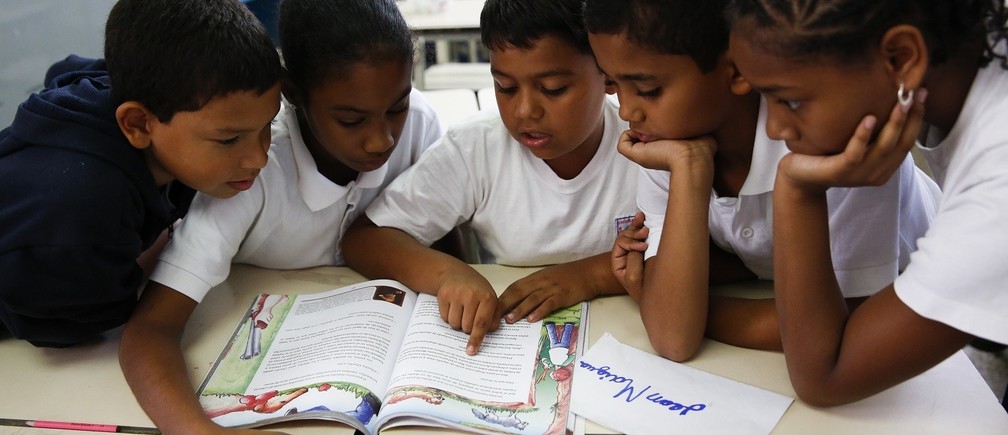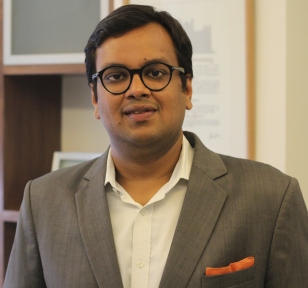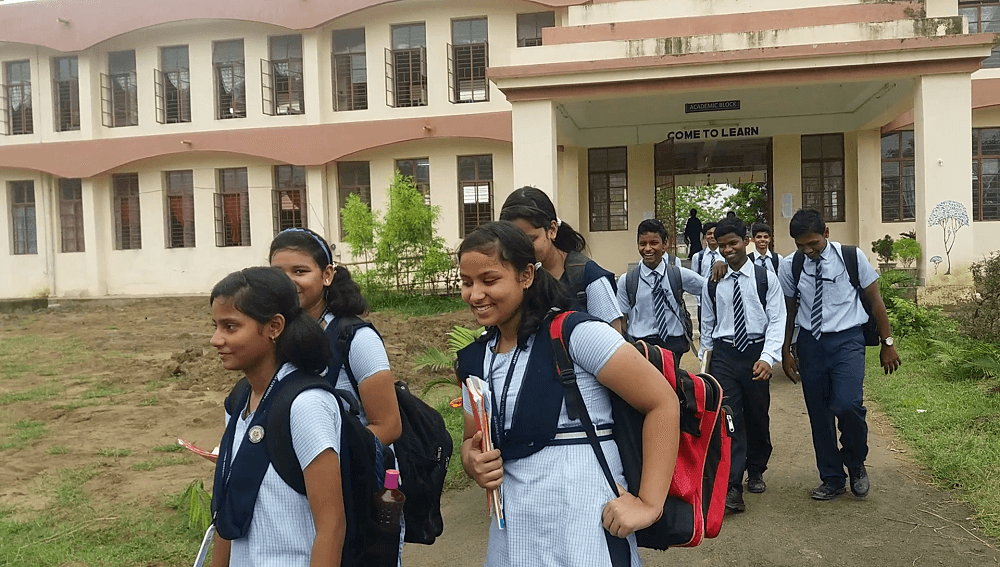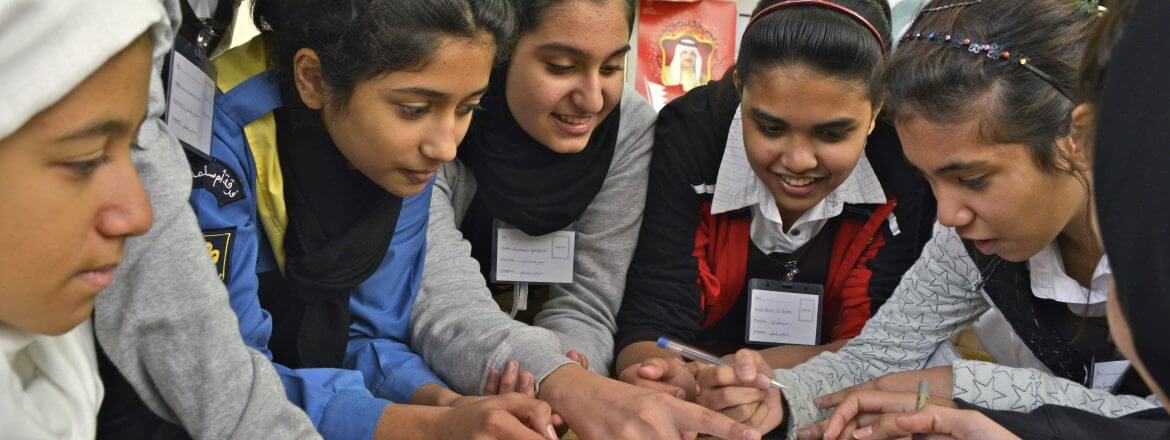The distinct waves of disruptive technologies are changing established ways of teaching and learning across the world. The pace of disruption is gaining speed with every passing year, write Shantanu Rooj, Founder and CEO, Schoolguru, and Vipendra Singh, Senior Vice President, Schoolguru, for Elets news Network (ENN).

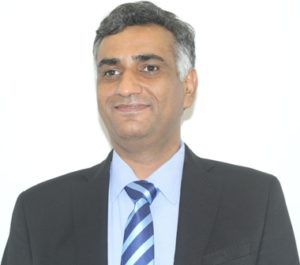
The internet, which has turned businesses (from newspapers through music to book retailing) upside down, is set to upend education too. Now the online programmes revolution, is offering students the chance to listen to star teachers and get a degree for a fraction of the cost of attending a University-on- campus. Employers are putting greater emphasis on adaptability, curiosity and learning as desirable attributes for employees. Shorter courses, lower costs and online delivery are making it easier for people to combine work and training. New credentials are being created to signal skills.
While 2018 has been a great year when technology made significant strides in the teaching-learning processes, 2019 is going to be a significant upgrade. The result will be the reinvention of the University.
Mobile, Not Laptop becoming the Device of Choice for Learning
Major changes are coming in the next generation, of a kind and magnitude that exceed the expectations of almost everyone currently engaged with a traditional University. Better smart phone penetration, ease of use, supported by low cost of data is paving way for a revolution in learning spaces similar to what it has done for social networks. Learning delivered across higher education institutions is becoming increasingly online, blended, multi-modal, mobile and virtualized that makes education geography- agnostic; rather than people only being able to “go to college” in a few, scarce expensive places, you’ll essentially be able to go to college from almost anywhere. Universities of the Future shall be everywhere – online, on-campus and on-the-job! Mobile technologies are increasingly being used not only by the learners but also by the faculty to deliver their lectures and connect with the students from anywhere, anytime; that makes learning more collaborative and effective.
Better, Innovative Use of Big Data, Machine Learning and Artificial Intelligence
Yuval Noah Harari, in his latest book, ‘In the kingdom of cyborgs’, predicts that human beings will change more in the next hundred years than they have in all of their previous existence. Algorithms will know people better than they know themselves, and that this knowledge can be used by business or governments for manipulative ends with a risk that technological revolution might establish the authority of big data algorithms, while undermining the very idea of individual freedom. The combination of biotechnology and artificial intelligence (AI) may enable some people to be digitally enhanced, transforming what being human means.
With the advent of technologies like big data and AI, education leaders will soon be making data-driven decisions; and hence, having a data and information management strategy in place will soon become a necessity. Higher education regulatory bodies (such as UGC in India) and Universities are making progress in collecting data at various touch points. The government is building several repositories to store this data to be analyzed and used for betterment of education. However, there is still much room for improvement and a lot needs to be done to enable data-driven decision-making across the entire ecosystem. Big data offer the chance for more personalised education. Use of machines learning and AI technologies shall enable predictive analysis and adaptive reactions.
Augmented Reality, Virtual Reality and Gamification
The outlines of a new ecosystem for connecting employment and education are becoming discernible. New technologies like virtual and augmented reality can radically improve professional training and make learning more effective. Platforms make it easier to connect people of differing levels of knowledge, allowing peer-to-peer teaching and mentoring. Using virtual reality for more real-life experiences has the potential of taking learning experience to a whole new level. Augmented reality (AR), a technology for overlaying digital information on objects in the real-world seen via a smartphone camera or headset can make learning more immersive and fun. Gamification technologies and techniques are being increasingly adopted to keep learners involved and interested.
Increased Usage of Videos and MOOCs
The usage of video for learning has reached a significant level. Harvard’s DART initiative is one recent effort to try to help faculty and instructional designers make full use of open access assets. MOOCs started in 2008; and, as often happen with disruptive technologies; they have so far failed to live up to their promise. Largely because there is no formal system of accreditation, drop-out rates have been high. But this is changing as private investors and existing universities are drawn in.
MOOCs will disrupt different universities in different ways. Not all will suffer. Ambitious people will always want to go to the best universities to meet each other, and the digital economy tends to favour a few large operators. The big names will be able to sell their MOOCs around the world. But mediocre universities may suffer the fate of many newspapers. Digital education is generating new learning opportunities as students engage in online, digital environments and as faculties change educational practices through the use of blended courses, personalized instruction, new collaboration models and a wide array of innovative, engaging learning strategies. Most Universities will need to reinvent themselves to survive.
2019 is going to bring in a positive momentum in faster tech adoption in higher education and help create more integrated, virtualized, gamified learning experience for learners and educator alike. Usage of data is going to make student engagement and retention better thereby making education more user friendly. Augmented reality, virtual reality and gamification are going to change the way students learn inside and outside campuses. Educators will need to keep pace with the technological innovations to ensure they remain competitive and relevant. Partnerships with private service providers who can support the institutions with their competencies and platforms shall play an important role in their success.
Education, globally, is becoming flexible, modular, accessible and affordable. The recent initiatives from UGC providing guidelines to Universities to focus of outcomes seem to be well meant. Boosting student success through shared responsibility and accountability for outcomes seems to be the only way forward. Universities will need to promote innovation and competition through transparency and evidence of what works; will have to strive to reward success, especially where teams are demonstrating their commitment to better serving disadvantaged students. Universities will need to lean on technology to support them while they build efficient, transparent and accountable systems while providing the best in class learning and support services to the students; the question is both contextual and existential!
(Views Expressed by the author are a personal opinion)










